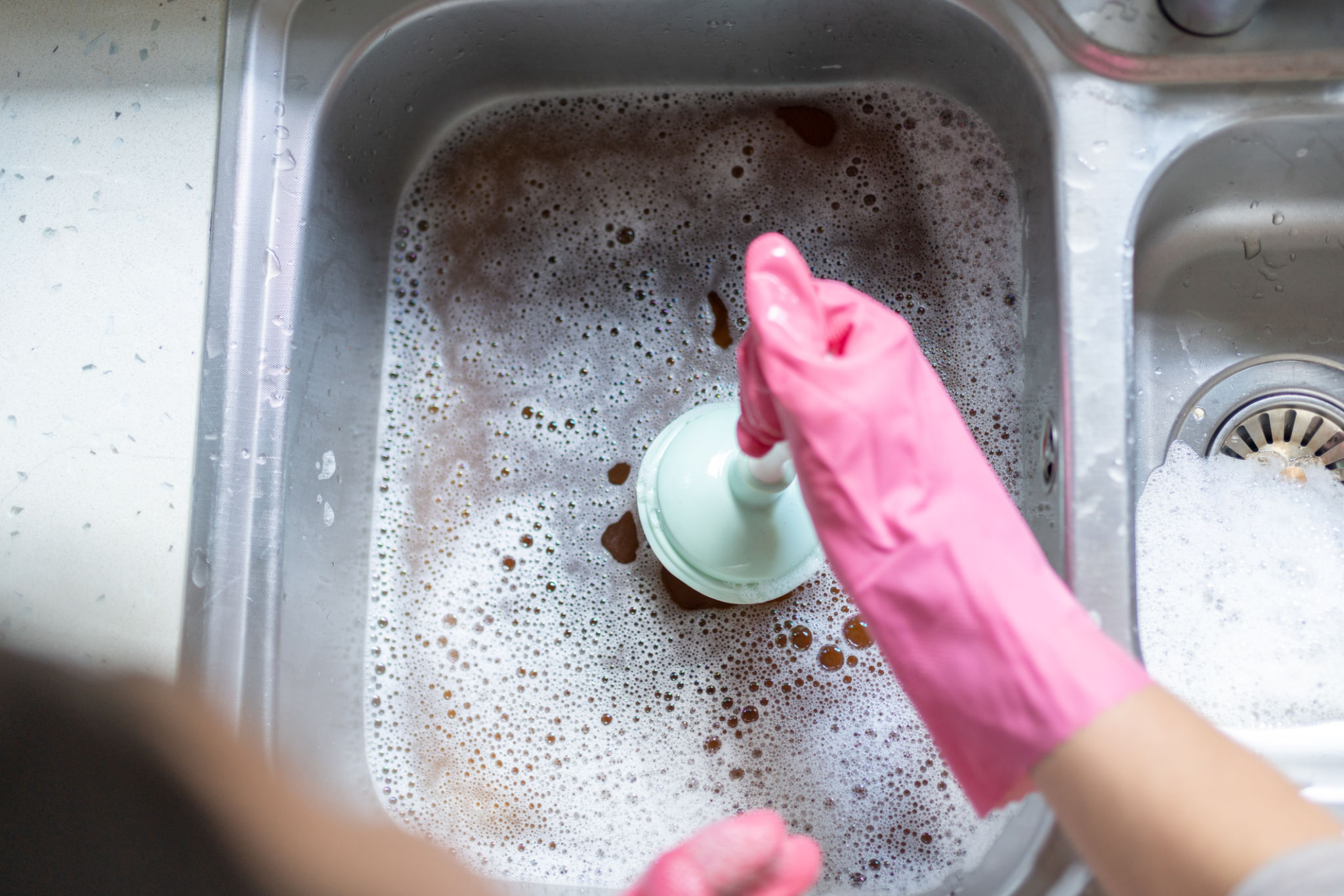Top Signs You Need Water Contamination Testing in Phoenix
Understanding Water Contamination
Water is a crucial resource, and ensuring its purity is essential for health and well-being. In Phoenix, where water scarcity and quality are pressing concerns, it's important to be vigilant about potential contamination. Identifying the signs that necessitate water contamination testing can help protect your household from harmful pollutants.

Unusual Taste or Odor
One of the most noticeable signs that you may need water contamination testing is a strange taste or odor. Water should be odorless and tasteless, so any deviation might indicate the presence of contaminants. Common culprits include chlorine, sulfur, or algae, each imparting a distinct taste or smell to the water.
Chlorine
While small amounts of chlorine are often used to disinfect public water supplies, a strong chlorine smell can be overwhelming and may suggest an imbalance in chemical treatment.
Cloudy or Discolored Water
Another red flag is water that appears cloudy or discolored. This may occur due to the presence of sediment, rust, or other particulates. Additionally, a brownish tint might indicate iron contamination, while a greenish hue could suggest algae growth within the water system.

Health Symptoms
If you or members of your household experience unexplained health issues, it could be linked to contaminated water. Symptoms such as stomach cramps, nausea, diarrhea, and skin irritations might be associated with waterborne pathogens or chemicals.
Vulnerable Groups
It's especially important for vulnerable groups, including infants, pregnant women, and the elderly, to consume safe water. These populations are more susceptible to the adverse effects of contaminants.
Plumbing Issues
Frequent plumbing problems can also hint at water quality issues. Corroded pipes or persistent leaks might be a sign of corrosive water, which can leach harmful metals like lead and copper into your supply.

Nearby Industrial Activity
If your home is located near industrial sites or agricultural activities, there's a higher risk of contaminants seeping into the local water supply. Chemicals from manufacturing processes or runoff from pesticides and fertilizers can infiltrate groundwater sources.
Preventive Measures
Regularly testing your water, especially if you notice any of these signs, can help prevent exposure to harmful substances. Utilizing water filters and staying informed about local water quality reports are proactive steps toward ensuring safe consumption.
Conclusion
Monitoring your water quality is crucial for maintaining a healthy home environment in Phoenix. By being aware of these warning signs and taking timely action, you can safeguard your family’s health and ensure access to clean, safe drinking water.
